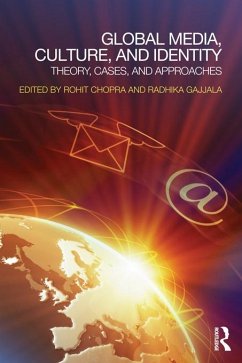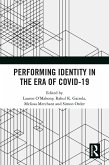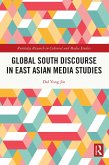Some of the key questions and themes that the contributors explore within the text include: Is the global audience of global television the same as the global audience of the internet? Can we conceptualize the global culture-media-identity dynamic beyond the discourse of postcolonialism? How does the globalization of media affect feelings of nationalism? How is the growth of a consumer "global middle class" spread, and resisted, through media? Global Media, Identity, and Culture takes a comparative media approach to addressing these, and other, issues across media forms including print, television, film, and new media.
Dieser Download kann aus rechtlichen Gründen nur mit Rechnungsadresse in A, B, BG, CY, CZ, D, DK, EW, E, FIN, F, GR, HR, H, IRL, I, LT, L, LR, M, NL, PL, P, R, S, SLO, SK ausgeliefert werden.









